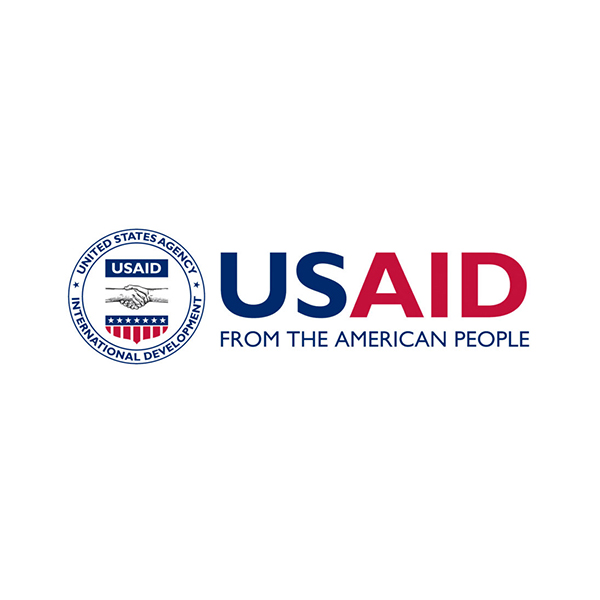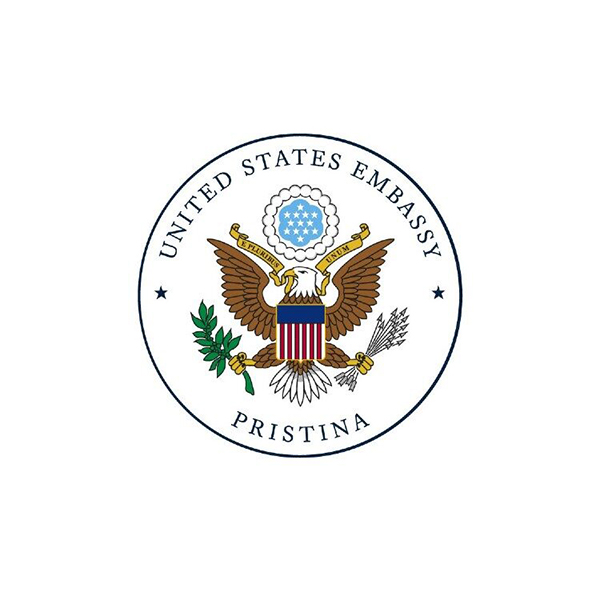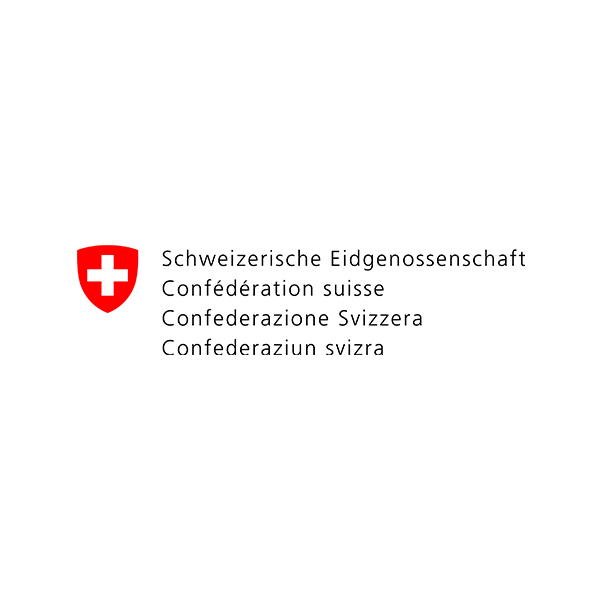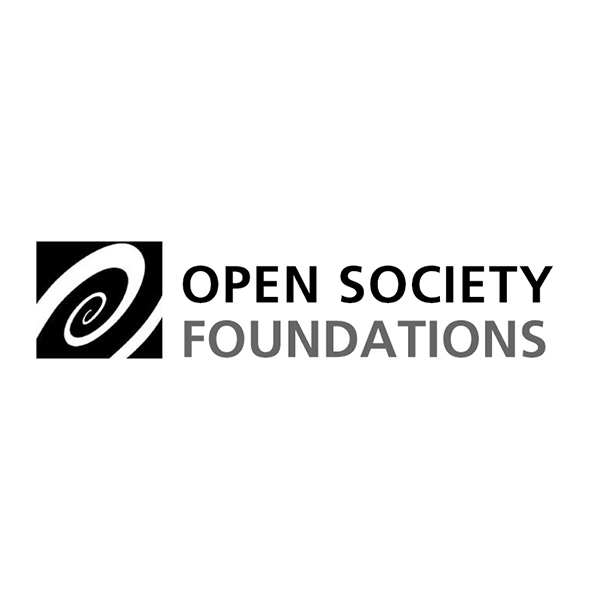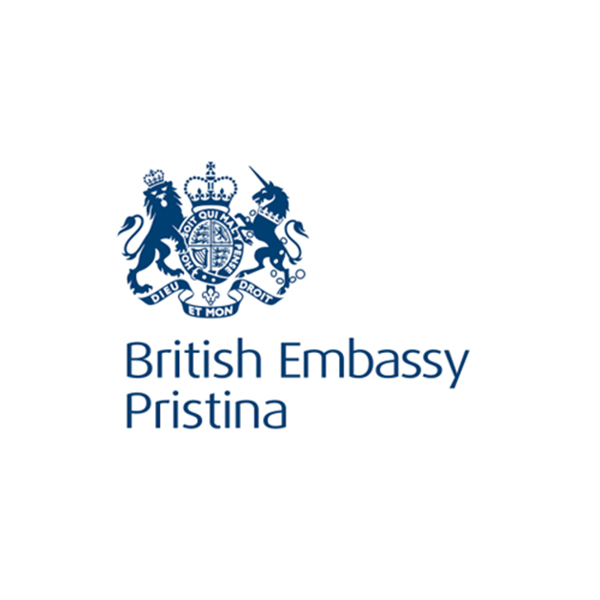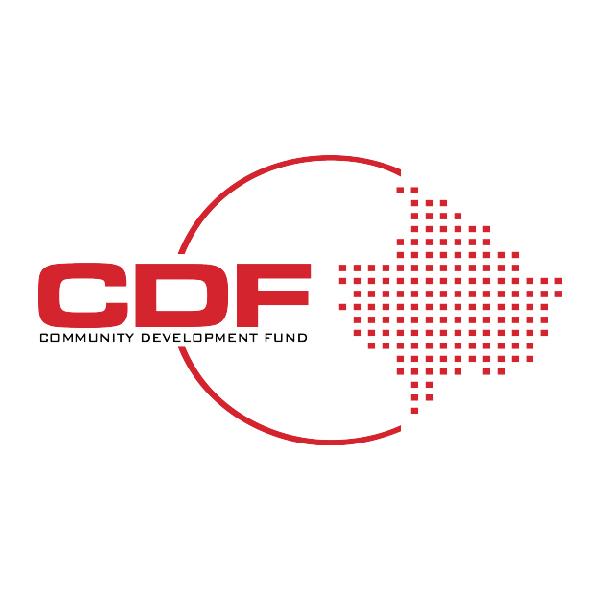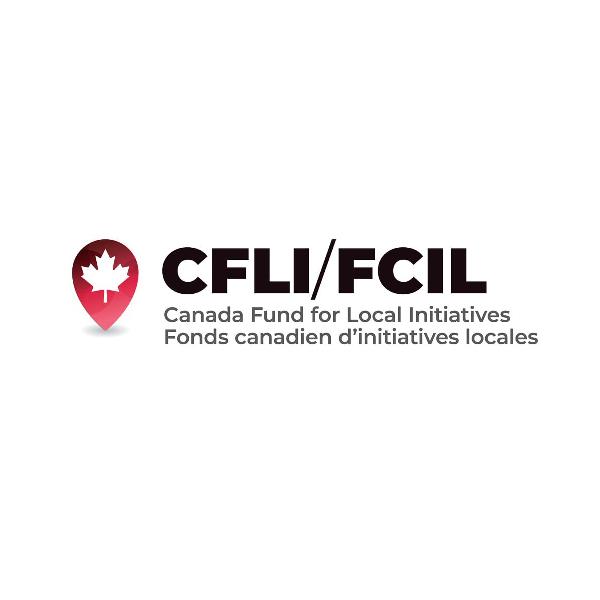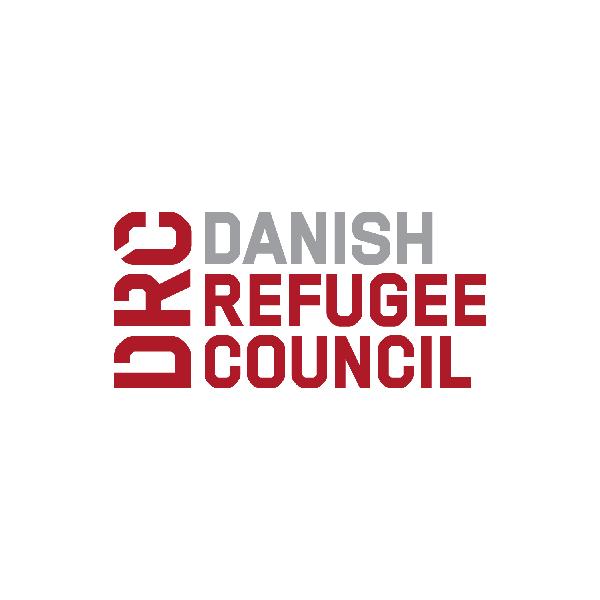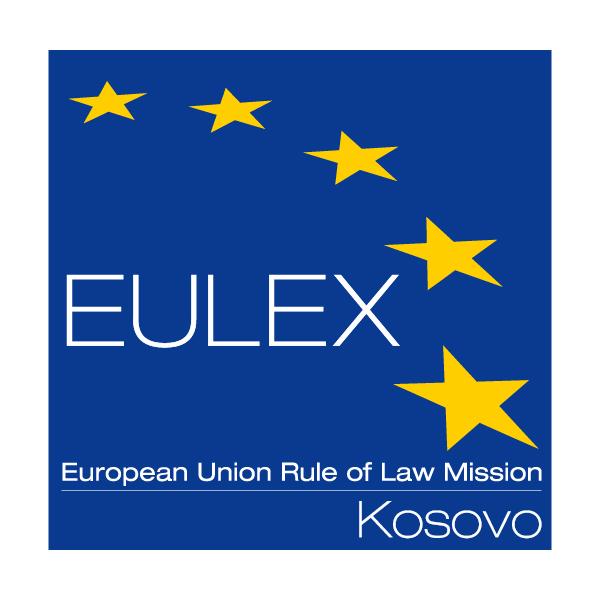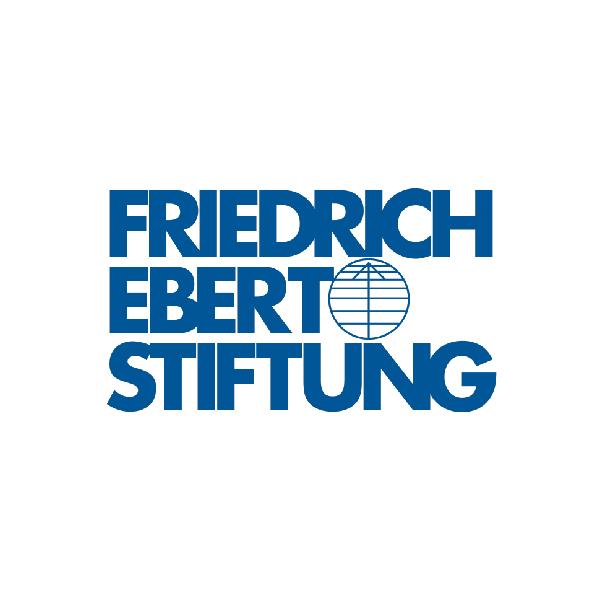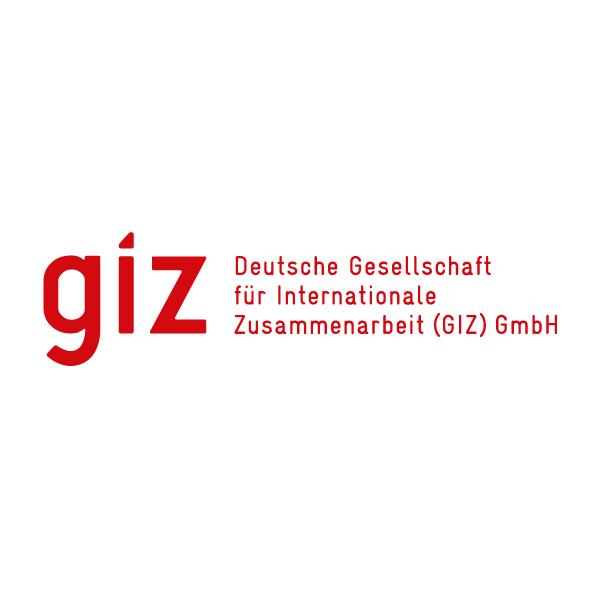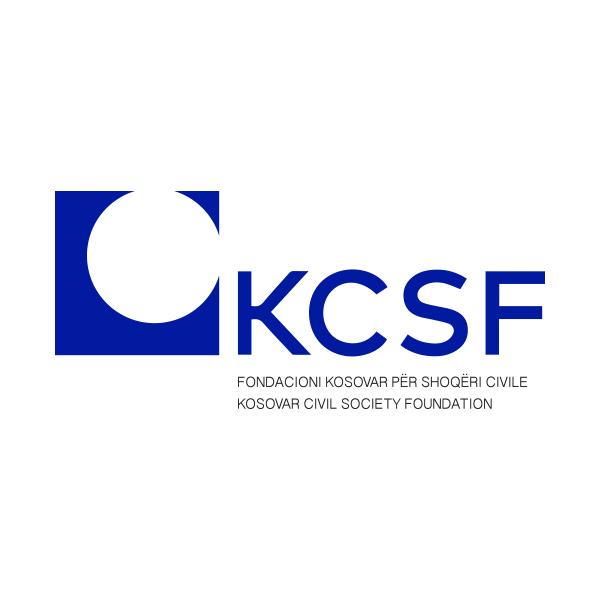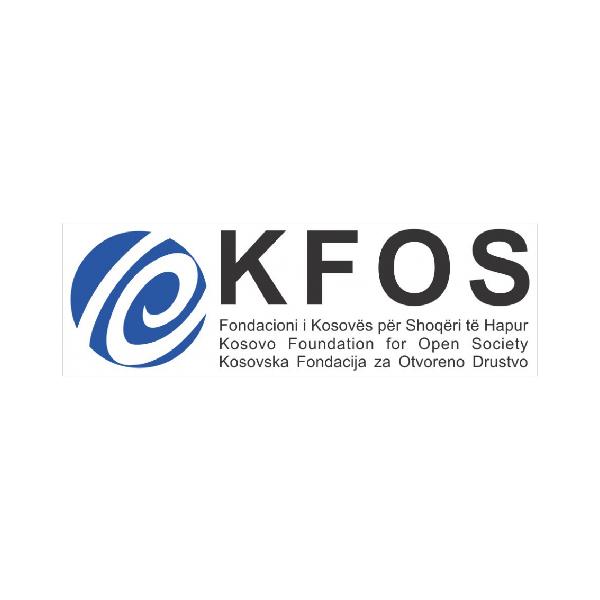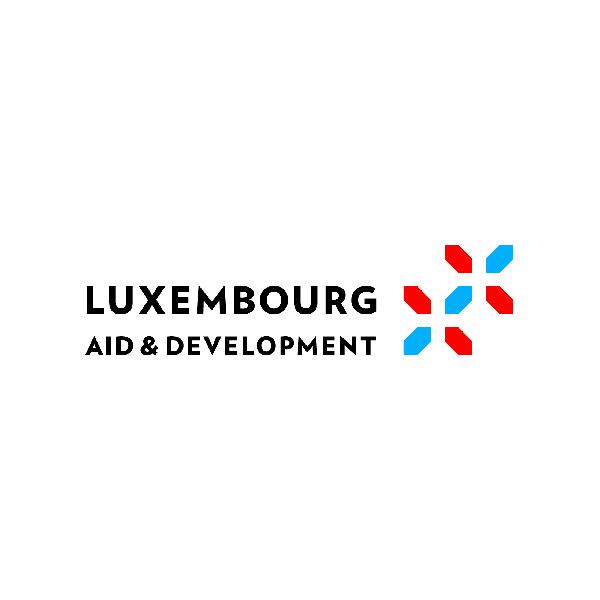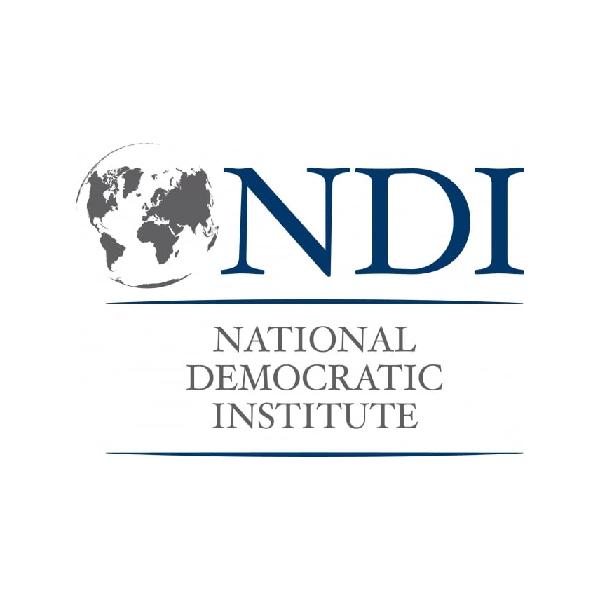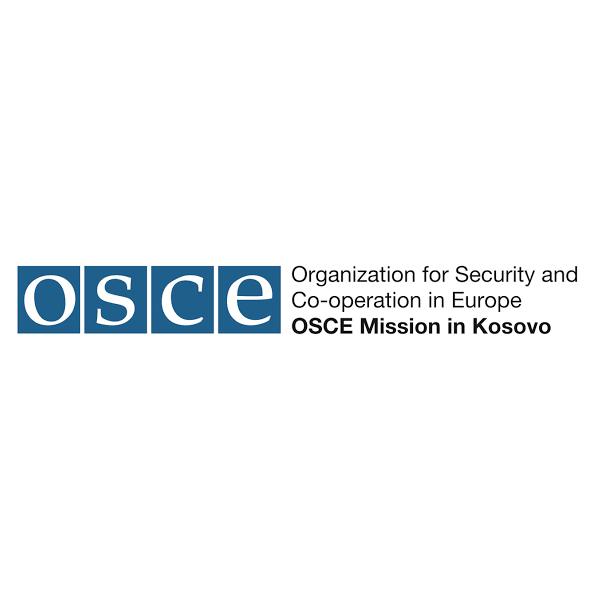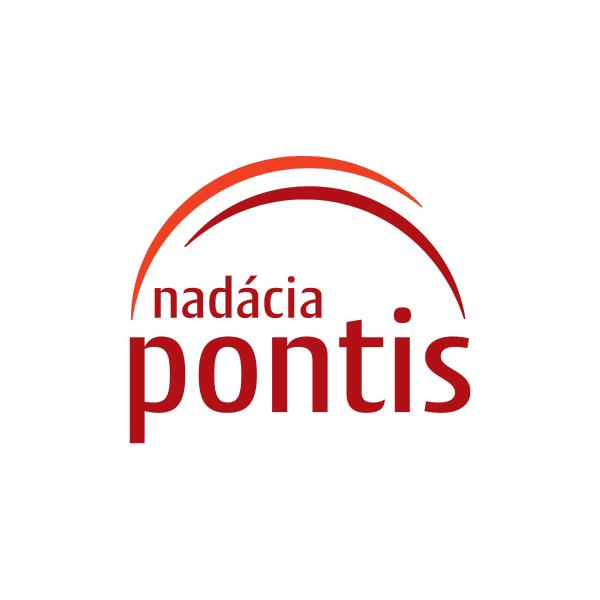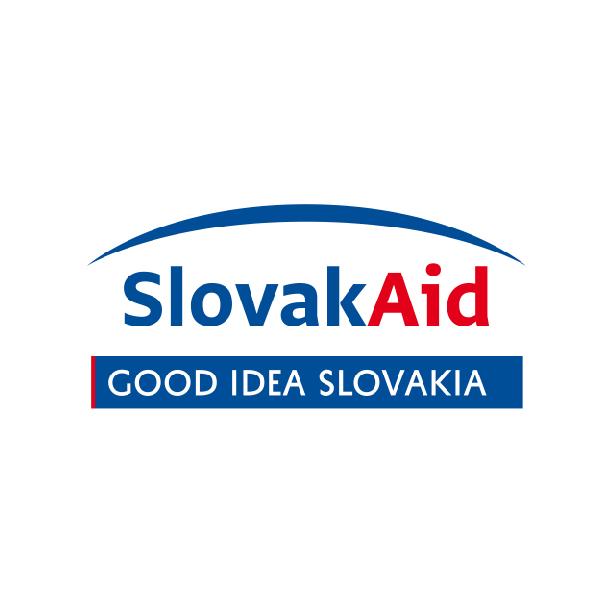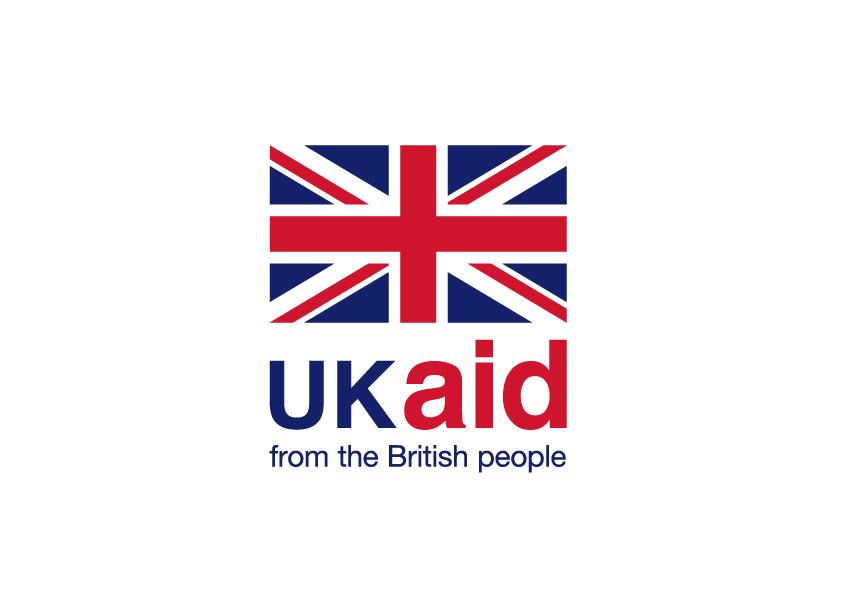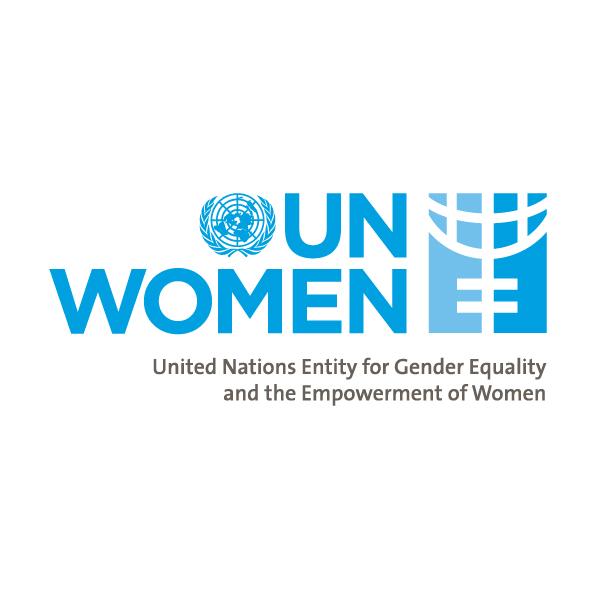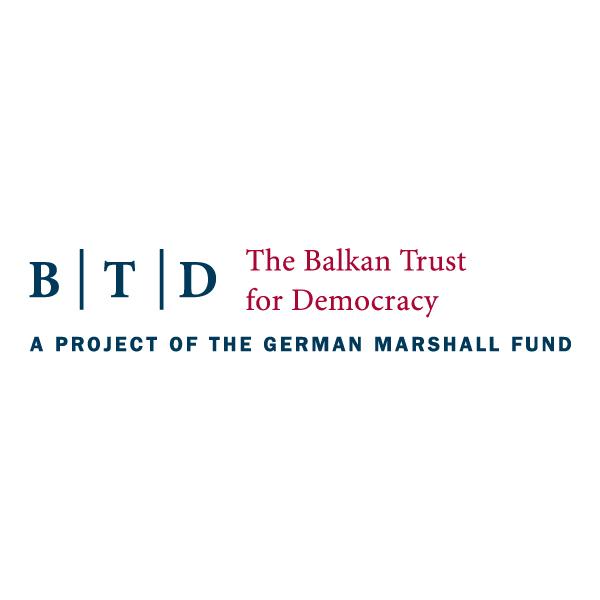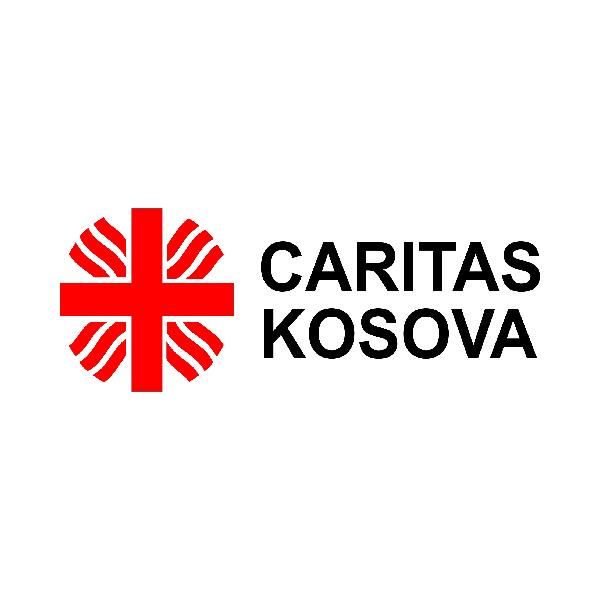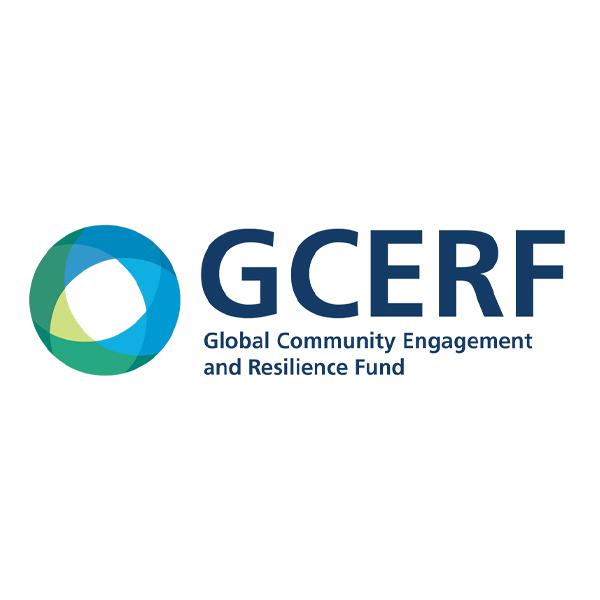On February 26, 2024, in Pristina, the NGO Aktiv presented the publication “The Roadmap for Improvement of the Rights of Non-Majority Communities”, which analyzes the position, key problems, and perspectives of non-majority communities in Kosovo for the year 2022.
The analysis indicates a significant lack of interest among political actors in addressing the needs of non-majority communities in Kosovo. It states, “Furthermore, little or almost no progress has been observed when it comes to the willingness and readiness of institutions to improve the implementation of laws regulating the rights of non-majority communities.”
According to the conclusions drawn from research activities conducted by NGO Aktiv and other civil society organizations dealing with non-majority community issues, there is a noticeable lack of tangible progress regarding the rights of communities, which are the foundation of all constitutional and legal frameworks in Kosovo.
The crises of 2022, particularly in northern Kosovo, revolved around the rule of law issue and directly reflected the high level of discomfort experienced by members of non-majority communities.
Members of the Serbian community are primarily concerned about their physical safety, especially in connection with the dynamics between Belgrade and Pristina. They often describe an atmosphere of fear, alongside challenges related to property rights, access to services, and cultural heritage. Returnees also encounter difficulties in accessing documents.
“The events of 2022 had the effect of worsening relations between Kosovo Serbs and the central government and led many to question the long-term viability of their future in Kosovo”, the report found.
Non-majority communities highlighted various problems. Members of the Roma, Ashkali, and Egyptian communities emphasized challenges in accessing public services, as well as services in the Roma language, such as in the municipality of Gračanica. Members of the Bosniak community primarily pointed out issues in implementing the Law on the Use of Languages. Additionally, the Gorani community raised concerns about frequent robberies in the Dragash/Dragaš municipality region. Members of the Turkish community also highlighted language-related issues.
The publication provides recommendations for addressing the key interests of each non-majority community in Kosovo. It emphasizes the importance of political participation and representation of non-majority communities. The reform of the Consultative Council for Communities is recommended to enhance the potential for finding institutional solutions to the problems faced by non-majority communities. Efficiency in work should be a consideration for the Ministry of Communities and Returns and the Office of Community Affairs.
The publication is supported by the National Endowment for Democracy (NED).
It is available in Serbian, Albanian, and English.


